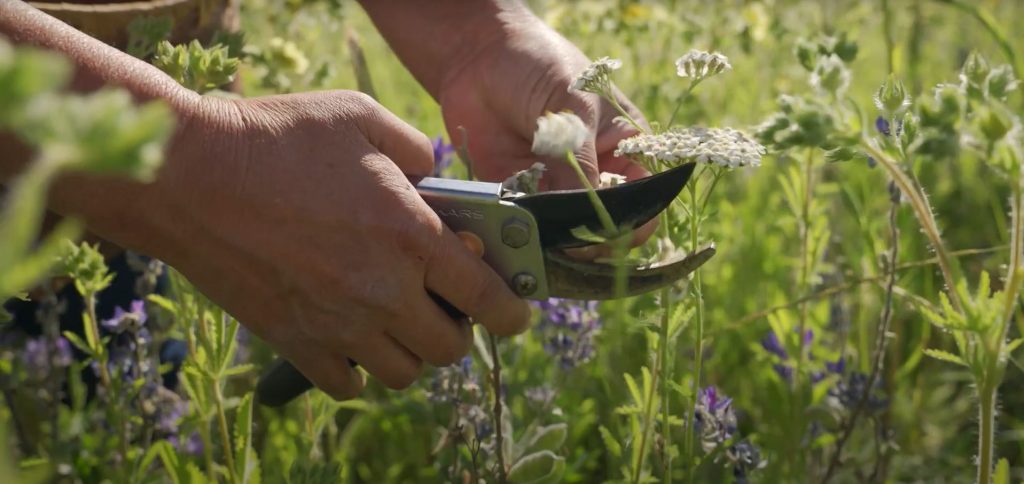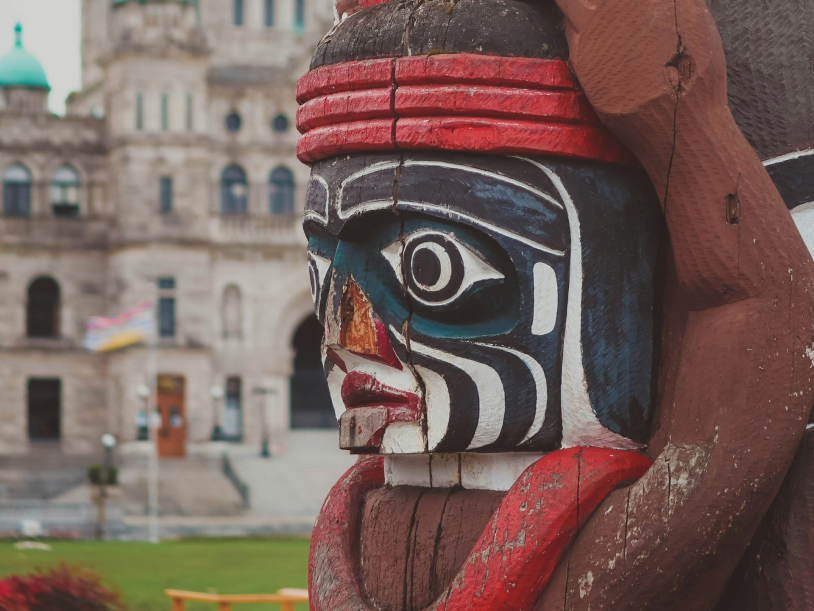Did you know that British Columbia is home to the second largest number of Indigenous entrepreneurs in Canada?
Recognizing the importance and influence of Indigenous-owned businesses in B.C., Export Navigator hosted Resilient Roots: Indigenous Export Growth in British Columbia, featuring the first-hand experience of entrepreneurs June Anthony-Reeves (Up the Hill at Loakin), Jordan Hocking (Sriracha Revolver) and Nancy and Anthony Wingham (Nuez Acres). The webinar focused on the Indigenous export landscape across the province, highlighting the ways Indigenous entrepreneurs contribute to economic prosperity and cultural preservation.

On June 21, 2021, as part of the process of reconciliation, the UN Declaration for the Rights of Indigenous Peoples (UN Declaration) came into effect, providing Indigenous Peoples with equal access to economic opportunities and freedom to pursue international trade. In B.C., the UN Declaration led to funding opportunities, business planning support and tools to attract new customers and investments specifically for Indigenous-owned businesses.
Today, Indigenous-owned businesses are exporting nearly twice as much as other Canadian businesses. While most exports are directed to the United States, more than half also trade with other international markets.
Indigenous entrepreneurs are starting businesses at nine times the rate of the Canadian average. Shannan Roberts, Export Navigator’s Export Advisor for Indigenous-owned businesses, attests that agrifood, health and wellness, consumer foods, and tourism are the most active sectors amongst her clients, with technology on the rise.
Indigenous-owned Businesses: Challenges and Opportunities
Whether it’s calculating shipping costs, converting currency or understanding international taxes, exporting always comes with a steep learning curve. Though Indigenous-owned businesses have seen remarkable growth in recent years, they face additional barriers.
- Cultural Prejudice: Racial discrimination, negative stereotypes and other social challenges can prevent Indigenous entrepreneurs from advancing in the same way as their non-Indigenous counterparts.
- Language Barriers: More than 70 Indigenous languages are spoken across Canada, and in 2016, almost 13% of respondents reported an Indigenous mother tongue. For Indigenous-owned businesses to participate in national or international markets, they often must operate in English or French, rather than their own language.
- Remote Locations: According to the 2016 census, 50.3% of Indigenous Peoples in British Columbia live in rural communities or small communities. Remoteness not only makes it difficult to attract skilled employees, but without a reliable infrastructure it can be challenging to send and receive supplies and products.
- Limited Access to Capital: Institutional bias lowers loan approval rates for Indigenous Peoples by more than 30%.
While Indigenous business owners face a range of social and cultural challenges, there are also many opportunities that make their businesses and products stand out.
- Indigenous Culture as a Unique Selling Point: Often, Indigenous entrepreneurs ingrain their heritage, and social, environmental and cultural values in their businesses, providing an opportunity to develop a unique selling proposition and stand out in saturated markets.
- Dedicated Customer-Base: Many Indigenous-owned businesses see a high number of return customers. “People buy from an Indigenous business and want to come back and buy it again,” confirmed Jordan Hockin, owner of Sriracha Revolver.
- E-commerce Opportunities: Virtual sales enable businesses in small communities to overcome geographical limitations and sell to customers all over the world. Over 80% of exporting Indigenous-owned SMEs have online sales.

Resources for Indigenous-owned Businesses
There are a range of resources available to Indigenous entrepreneurs to start and develop their businesses:
- The Jay Treaty: Signed in 1794, the Jay Treaty enables Indigenous Peoples born in Canada to freely enter the United States to work.
- First Citizens Fund: Created in 1969, the First Citizens Fund financially supports Indigenous-owned businesses and Indigenous organizations in B.C.
- Indigenous Financial Institutions (IFI): An alternative to standard financial institutions, IFIs are Indigenous-controlled, community based financial organizations that can support Indigenous Peoples in gaining access to capital and loans.
- Tale’awtxw Aboriginal Capital Corporation: With a range of support services and business financing options, Tale’awtxw Aboriginal Capital Corporation helps Indigenous-owned businesses in the Coast Salish Traditional Territories succeed.
- CFDC of CFIN: Business development support for Indigenous People Living in Central B.C.
Indigenous business owners can also benefit from programs and resources that are available for free to all entrepreneurs:
- Trade Accelerator Program: A comprehensive learning platform designed to support entrepreneurs in their exporting journey.
- CanExport: Funding opportunities to support business and export growth.
- Ministry of Jobs, Economic Development and Innovation: Offers a range of support and services for small business owners.
Begin Exporting Today
Are you an Indigenous business owner hoping to jumpstart your business? Do you already operate an Indigenous-owned business, and feel ready to begin exporting?
Connect with Export Advisors Shannan Roberts or Denan Kuni today to begin your journey.



